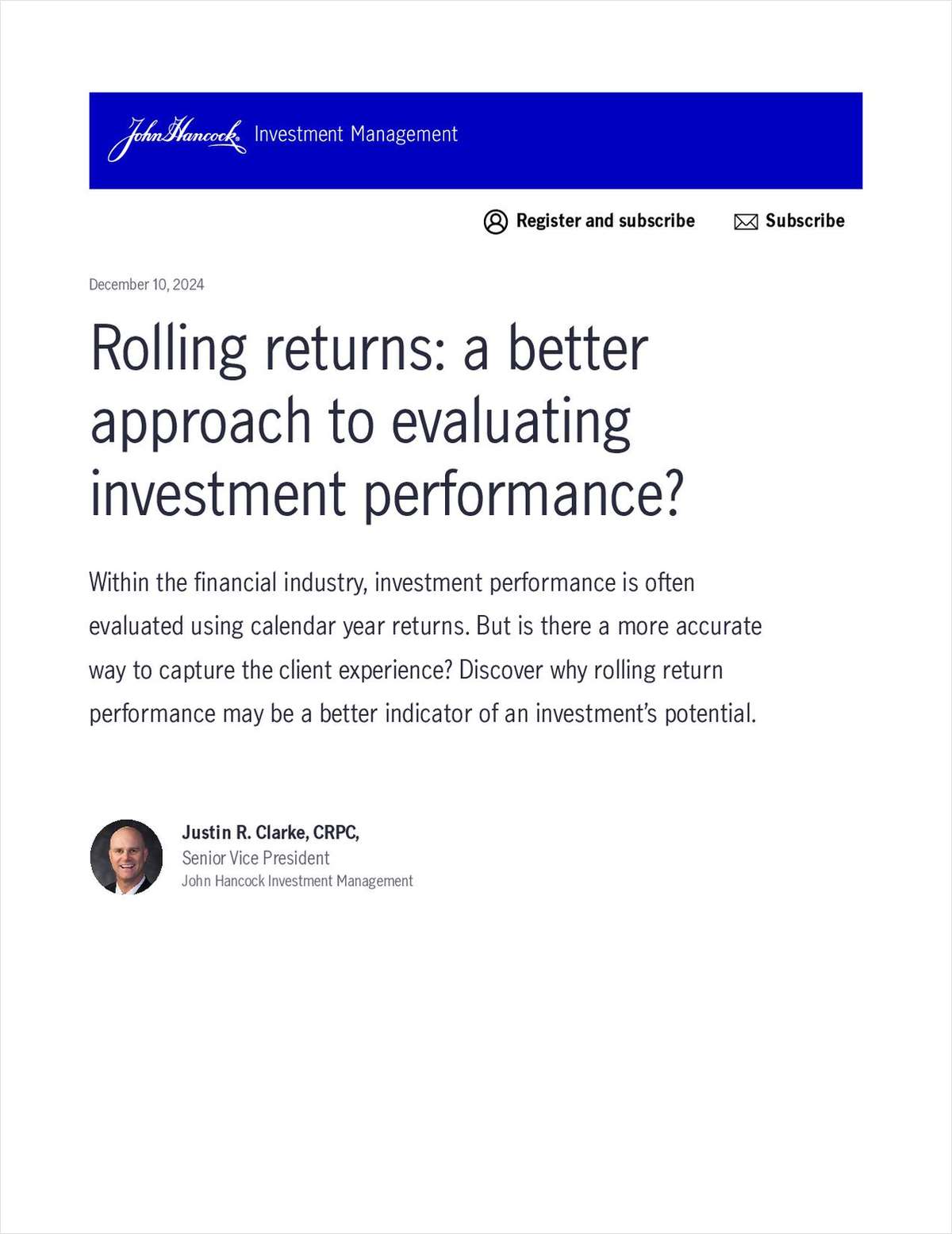
NOT FOR REPRINT
The most innovative sales ideas of 2016: 91-100
February 01, 2016 at 05:42 AM
Share & Print
NOT FOR REPRINT
© 2025 ALM Global, LLC, All Rights Reserved. Request academic re-use from www.copyright.com. All other uses, submit a request to [email protected]. For more information visit Asset & Logo Licensing.







